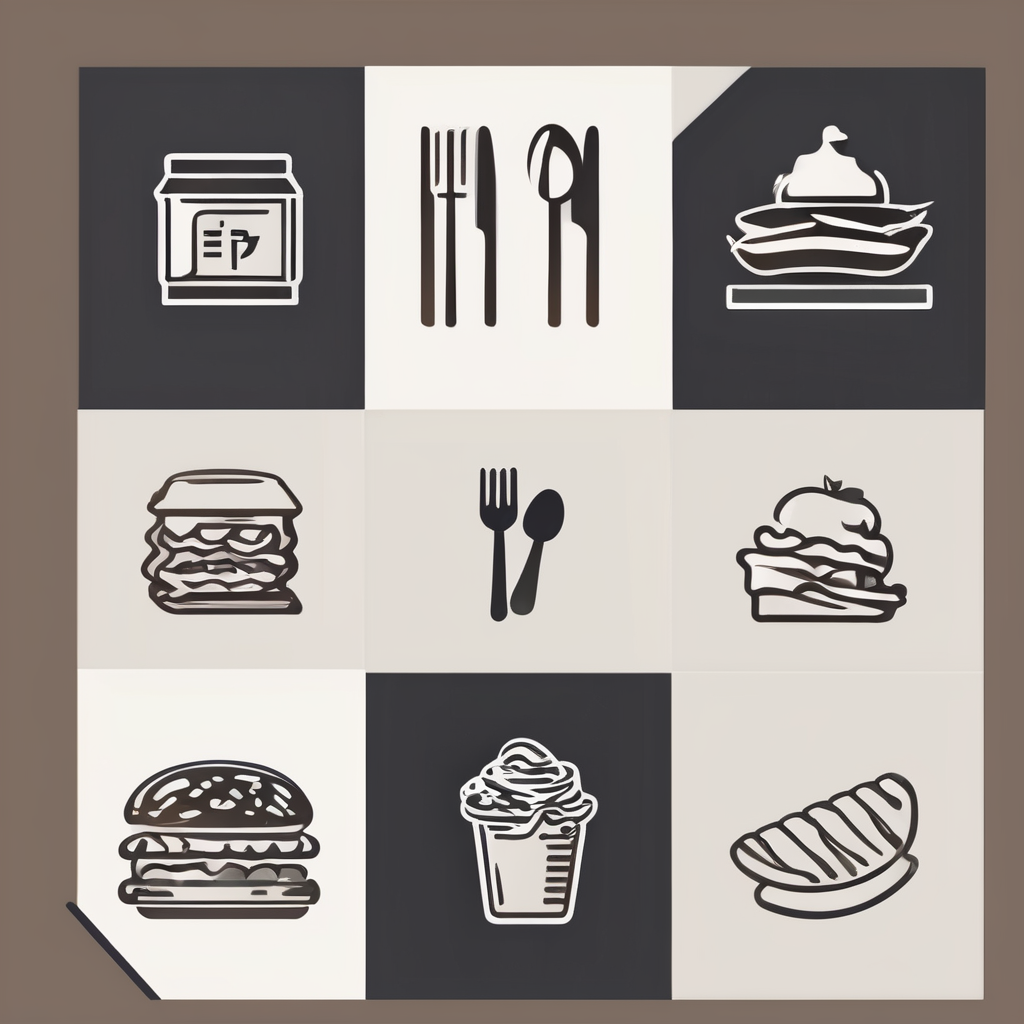Groundbreaking Smart Appliances Transforming UK Home Cooking
Smart kitchen appliances are revolutionising how UK households approach cooking. AI-driven ovens, fridges, and dishwashers create a seamless cooking experience by intuitively adapting to user habits and preferences. For example, AI ovens adjust temperature cycles based on recipe types and user feedback, enhancing cooking precision.
Voice-activated controls tailored to UK cooking styles offer hands-free operation, catering specifically to regional cuisines and cooking rhythms. These systems integrate with apps that allow remote control and monitoring, ensuring convenience and efficiency in busy UK kitchens.
Additional reading : What innovative countertop materials are popular in UK kitchens?
Smart refrigerators elevate connected kitchens by managing real-time inventory. They detect ingredient levels, alert users when stores run low, and suggest recipes accordingly. This not only cuts down food waste but also inspires creative meal preparation.
The combination of these smart kitchen appliances harnesses UK kitchen technology to improve functionality, save time, and enrich the home cooking experience. The ongoing integration of AI and connectivity ensures that UK homes benefit from continuously evolving smart kitchen solutions.
Additional reading : What are the popular color palettes for UK kitchens this year?
Automation and Robotics for Effortless Meal Preparation
Automation in UK homes is redefining meal prep with multi-functional cooking robots capable of preparing complete dishes from raw ingredients. These kitchen automation devices efficiently handle tasks like chopping, mixing, and even cleaning, significantly reducing hands-on effort. The technology integrates precise algorithms to tailor cooking steps, ensuring consistent results that match user preferences and dietary needs.
Recent market data indicates growing adoption of cooking robots across UK households, highlighting a positive reception fueled by convenience and time-saving benefits. Automated meal prep tools are especially valuable in busy homes, alleviating stress around meal times and allowing users to focus on other priorities. With UK kitchens increasingly embracing such robotics, the trend underscores a shift toward fully automated culinary experiences.
These robots form a critical part of kitchen automation by communicating with other smart kitchen appliances, creating a unified cooking environment. Their ability to perform multiple functions seamlessly makes them indispensable for connected kitchens aiming to optimize efficiency. As development continues, these innovations will likely support more complex recipes and dietary customisations, further embedding robotics into daily cooking practices in UK homes.
Sustainable Kitchen Innovations to Reduce Environmental Impact
Smart kitchen appliances are increasingly designed with eco-friendly kitchen technology in mind, reflecting growing demand for UK kitchen sustainability. One major advancement involves energy-efficient induction hobs, which use magnetic fields to heat pans directly, cutting down energy consumption compared to conventional electric or gas cooktops. Alongside this, smart water-saving devices optimise water usage during cooking and cleaning cycles, conserving a vital resource without compromising performance.
Composting appliances are another innovative addition, allowing UK households to transform food scraps into nutrient-rich compost conveniently. This reduces landfill waste and encourages a circular food system within the home. These systems often integrate with smart kitchen appliances, providing alerts or usage insights that motivate sustainable habits.
Biodegradable packaging tailored for connected kitchens complements waste reduction efforts. Such smart packaging uses materials that break down harmlessly and may include sensors to communicate freshness or expiration dates to smart fridges. Together, these elements bolster the sustainability profile of modern UK kitchens.
By merging sustainable kitchen practices with smart technology, households can make meaningful environmental contributions while enjoying connected convenience. This trend aligns with broader UK initiatives to cut domestic carbon footprints, signaling a practical, innovative future for home cooking.
IoT and Hyper-Connectivity in Modern UK Kitchens
Smart home ecosystem UK developments drive a new era of Internet of Things kitchen integration, enabling unprecedented appliance communication. Connected cooking thrives on real-time syncing of devices, allowing UK families to monitor and control kitchen appliances remotely via smartphone apps. This connectivity ensures tasks such as adjusting oven temperature or checking fridge inventory happen effortlessly, even when users are away from home.
Cross-platform integration extends beyond kitchen gadgets, linking lighting, heating, and security systems to create a cohesive smart home ecosystem UK-wide. This unification offers seamless automation; for example, kitchen lighting can brighten automatically during cooking sessions, or security cameras can monitor delivery drops at the doorstep, enhancing safety and convenience.
Data-driven cooking suggestions further personalise the experience by analysing user habits and preferences recorded across devices. Algorithms recommend recipes based on available ingredients detected by smart fridges, dietary restrictions, or past meal ratings. This level of connected cooking transforms routine meal preparation into a tailored, efficient, and enjoyable process.
Together, the Internet of Things kitchen and hyper-connectivity empower UK households with smarter, more responsive kitchens that adapt continuously to their lifestyles, marking a significant advancement in modern home cooking technology.
Expert Perspectives: Anticipated Trends in UK Kitchen Innovation
Industry experts widely agree that kitchen technology trends UK will continue evolving rapidly, driven by consumer demand for convenience, sustainability, and connectivity. Leading UK chefs and designers emphasize the rising importance of AI and robotics to handle complex meal preparations with minimal user input. This aligns with an expert consensus that future UK cooking will prioritise customised experiences tailored to individual dietary needs and lifestyle preferences.
Technologists predict significant improvements in kitchen technology trends UK over the next five years, including smarter appliances capable of autonomous decision-making and deeper integration with health tracking apps. These developments aim to simplify cooking while promoting healthier and more environmentally conscious habits. Experts also highlight the critical role of government and industry incentives which actively support research and deployment of cutting-edge smart kitchen solutions.
Furthermore, industry forecasts indicate growing accessibility of advanced tech at more affordable price points, making innovation attainable for a broader segment of UK households. This is expected to accelerate adoption rates and reshape traditional cooking routines. Combined expert opinions underline a future kitchen ecosystem where seamless automation, intuitive interfaces, and sustainability converge to redefine how UK homes cook and eat.
